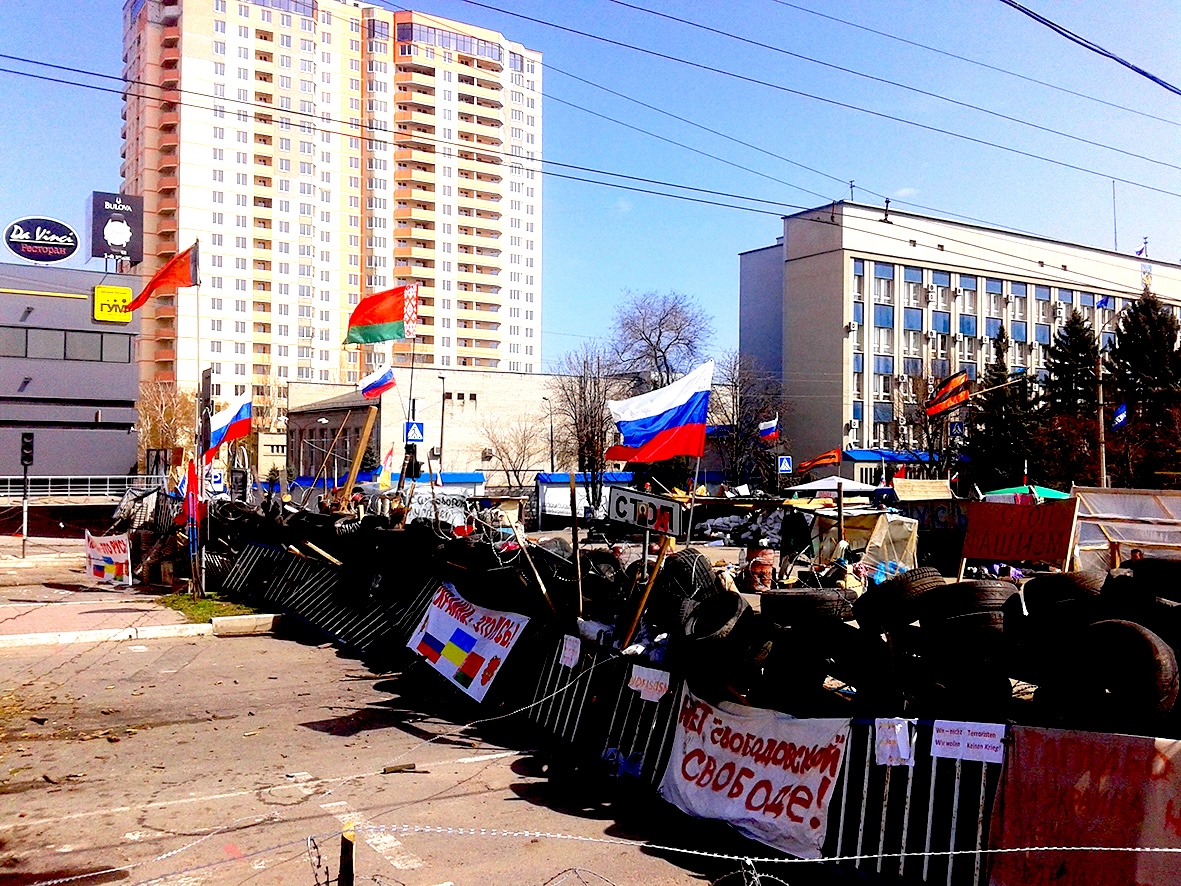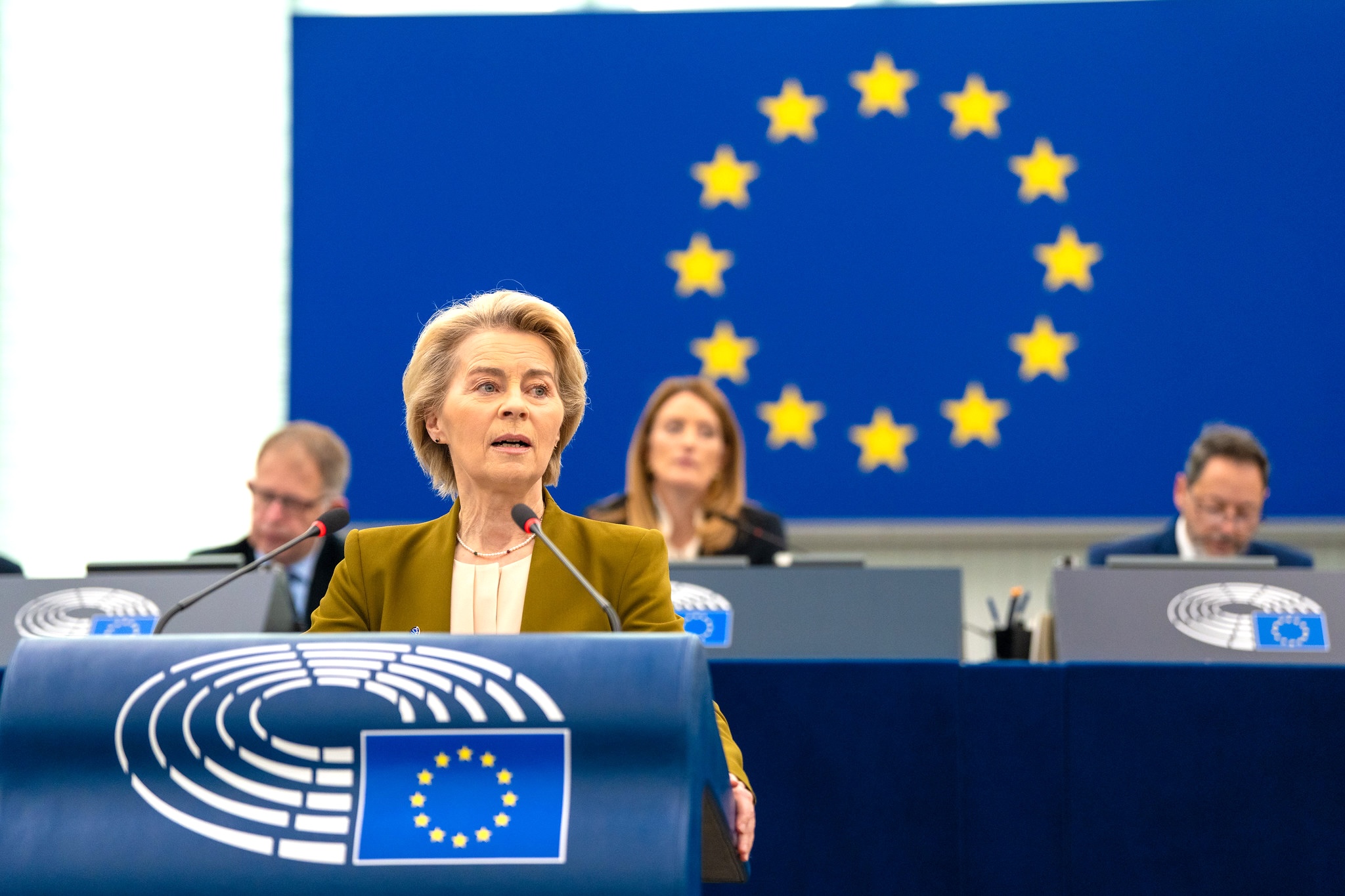RT, 3/28/25
Russian President Vladimir Putin has proposed placing Ukraine under a temporary international administration as one possible way of resolving the ongoing conflict. The idea, he said, draws on international precedent and would aim to restore legitimate governance before any peace deal could be finalized.
During his meeting with Russian nuclear submarine officers on Thursday, President Putin described a possible international mechanism for stabilizing Ukraine – placing it under temporary external administration coordinated by the United Nations.
Here are the key takeaways from Putin’s proposal:
Problem: Collapse of legitimacy in Kiev
Putin argued that Ukraine’s constitutional legitimacy has broken down due to the expiration of Vladimir Zelensky’s presidential term last year and the lack of elections since – rendering all of his government’s claims to authority invalid.
“Presidential elections weren’t held… under the constitution, all officials are appointed by the president. If he himself is illegitimate, then so is everyone else.”
Consequence: Power vacuum filled by radicals
Putin has warned that groups with neo-Nazi views, such as the notorious Azov battalion – which receive Western weapons and actively recruit followers – could increasingly exert de facto control in Ukraine, potentially replacing formal civilian authorities.
“Amid the de facto illegitimacy… Neo-Nazi formations are receiving more weapons,” and could take “the actual power in their hands.”
Putin argued that this makes negotiating with Ukraine’s current government even more unreliable and unstable: “It’s unclear who you’re even signing any documents with – tomorrow new people could come and say, ‘We don’t know who signed this – goodbye.’”
Suggestion: UN-led temporary external administration
Putin proposed the use of a UN-led transitional authority, referencing prior international missions such as in East Timor, Papua New Guinea, and parts of former Yugoslavia.
“In such cases, international practice often follows a known path – under UN peacekeeping, through what is called external governance, a temporary administration.”
Purpose: Restoring constitutional order and setting a legal framework for stable peace
The main goal, according to Putin, would be to organize democratic elections and install a functioning, legitimate government trusted by citizens and recognized globally. He stated that only such leaders could sign peace agreements that would be recognized worldwide and upheld over time.
“Why do this? In order to hold democratic elections, in order to bring to power a government that is capable and enjoys the trust of the people, and then begin negotiations with them on a peace treaty, sign legitimate documents that will be recognized worldwide and will be reliable and stable.”
Not the only option – but a viable one
Putin emphasized that this idea is not the only possibility, but an example drawn from historical precedent.
“This is just one option… I’m not saying other options do not exist, but it is hard right now, or maybe even impossible, to lay everything out clearly because the situation is changing so fast,” he said.
Multilateral cooperation beyond the West
Putin said such an initiative should involve not just the UN or the US, but a broader coalition, including BRICS nations and others Russia considers reliable.
“We will work with any partners – the US, China, India, Brazil, South Africa, BRICS countries… and, for example, North Korea.”
He also stressed that Russia remains open to working with the EU, even though Moscow’s trust in the Western European countries has been fundamentally undermined by their manipulation of peace efforts as a tactic to buy time and rearm Ukraine.
***
Trump Says He’s ‘Pissed Off’ at Putin, Threatens ‘Secondary Tariffs’ on Russia
By Dave DeCamp, Antiwar.com, 3/30/25
President Trump said on Sunday that he was “pissed off” at Russian President Vladimir Putin and warned he could hit Russia with “secondary tariffs” on its oil if a peace deal to end the Ukraine war isn’t reached.
Trump said he was unhappy with Putin questioning Ukrainian President Volodymyr Zelensky’s legitimacy. On Friday, Putin suggested replacing Zelensky with a “transitional administration” to prepare for elections in Ukraine.
Putin’s comments came after Zelensky said that he believes the Russian leader will soon be dead. “He will die soon, that is a fact, and everything will be over,” Zelensky said in an interview on March 26.
Trump has previously criticized Zelensky for not holding elections and even called the Ukrainian leader a “dictator,” but said in a phone interview with NBC News that he was “angry” over Putin’s comments about the Ukrainian leader.
“If Russia and I are unable to make a deal on stopping the bloodshed in Ukraine, and if I think it was Russia’s fault — which it might not be — but if I think it was Russia’s fault, I am going to put secondary tariffs on oil, on all oil coming out of Russia,” Trump said.
“That would be that if you buy oil from Russia, you can’t do business in the United States. There will be a 25% tariff on all oil, a 25- to 50-point tariff on all oil,” the president added.
It remains unclear if the current negotiations between the US and Russia will lead to a full ceasefire in Ukraine and a lasting peace deal. While both sides have nominally agreed to stop targeting energy infrastructure and halting attacks on the Black Sea, fighting continues to rage across the frontlines, Russian strikes are pounding Ukraine, and Ukraine is still launching drones into Russia.

